We are thrilled to introduce you to our new client, Fiona Thomas, who is represented by Jo Bell!
Fiona Thomas is a freelance writer who was born in Glasgow but is now living in Birmingham, UK. Since starting her mental health blog in 2012 she has been published in Metro, Reader’s Digest, Happiful Magazine and Grazia to name a few. She has also been featured in Cosmopolitan, Red Magazine, Good Housekeeping and Refinery29. She speaks regularly about mental health and freelancing at events all over the UK.
Her first book Depression in a Digital Age: The Highs and Lows of Perfectionism was published in 2018, and was called “brilliantly honest” by bestselling author Emma Gannon. Her second book Out of Office: Ditch the 9-5 and Be Your Own Boss is a guide to freelancing with a focus on mindset, practicality and mental health which will be published next week! Both of these books were published by Trigger.
In celebration, we thought we would catch up with Fiona and ask her a few questions:
1) What made you start your mental health blog in 2012?
I was off work for almost a year because I had a mental breakdown. During that time I really reconnected with my love for writing so decided to start a blog so that I had somewhere to put my thoughts. It gave me a fun hobby to keep me motivated when I wasn’t working and helped me express myself through words. Having that creative outlet was a key part in my recovery from depression and still helps me manage my emotions to this day.
2) Do you believe social media has played a vital role in changing the perception of mental health in recent times?
It’s shed a light on mental health and helped de-stigmatise some illnesses such as depression and anxiety. The biggest plus point of social media for me as someone with a mental illness has been the sense of community I’ve found with likeminded people. In my close circle, there aren’t a huge number of people who understand depression, but online I have lots of friends who have been through experiences similar to mine. That camaraderie and support have validated my feelings and made me feel less alone.
3) How will social media and its relation to mental health issues change in the next few years? Do you believe it will become more of a hinderance or a help to an individual?
Social media is just a tool, it’s up to each individual how they use it and there definitely needs to be some education so that people understand the risks associated with putting to much weight in how you appear online. I think people will continue to use social media to talk openly about mental health which is great, but we all need to get better at knowing when that’s helpful and when it’s a distraction from deeper issues.
4) Given the current Covid-19 crisis, how do you think social media can help advocate for mental health awareness?
Great question! I think it can provide a platform for people to be honest about how their mental health has been affected by the pandemic. No two experiences are the same but there are a lot of similar feelings that people are a bit scared to admit. Like men who have never had to deal with mental illness before and are ashamed to ask for help, or introverts who have really thrived and secretly enjoyed fewer social events, and relationships that have been pushed to the limit from being stuck at home. The more people can share their honest feelings the more validated others will feel and this will have a knock-on effect, hopefully resulting in people getting the emotional support then need.
5) How have you and others found the experience of working freelance during the current crisis? Do you have any advice for those who may be struggling?
I’ve really struggled with having to stay home all day because I love writing in coffee shops. I’ve had to be really strict about my work/life boundaries and I think that’s something that we can all learn from. My main advice would be to prioritise movement and fresh air, don’t sit inside all day. Those basic needs for exercise and sunlight are things we used to get without having to think about it, so make that part of your new daily routine and stick to it.

